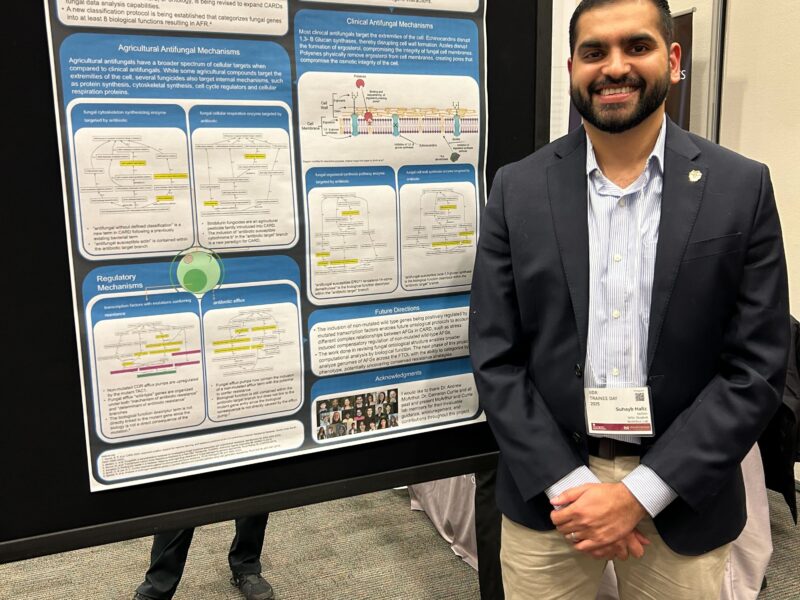 Designing Molecular Fishhooks for Virus Survellance Platforms
Designing Molecular Fishhooks for Virus Survellance Platforms
By JALEES A. NASIR, B.Sc
A Thesis Submitted to the School of Graduate Studies in partial fulfilment of requirements for the degree Doctor of Philosophy
McMaster University, Hamilton, Ontario, Canada
Abstract:
Virus surveillance platforms are critical infrastructure for public health. Clinical sequencing platforms are growing where all virus genomes in a community can be assessed, but they come with limitations that raise costs or slow down public health responses. When dealing with a large volume of patients, this translates to a large volume of data, which takes time to analyze, and delays are not ideal when virus replication and spread are exponential with time. There are two ways clinical sequencing platforms can be improved to produce a more robust virus surveillance platform: by optimizing how we analyze large volumes of data or by producing tools to reduce the complexity of samples such that we focus only on the virus material alone.
To optimize the means we use to analyse large volumes of data, I developed the SARS-CoV-2 Illumina GeNome Assembly Line (SIGNAL). Written in Python, SIGNAL is built using Snakemake to analyse raw SARS-CoV-2 sequencing data in parallel. SIGNAL has contributed to surveillance platforms at the provincial and federal levels.
To reduce the complexity of biological samples, I also developed the Viral Syndromic Target Enrichment Pipeline (ViralSTEP) and EvoBaits, which proposed two sets of molecular fishhooks or baits that can allow the physical separation of virus nucleotides from other non-viral nucleotides. One bait set targeted virus families associated with respiratory symptomology using known sequence information. The second bait set was designed using the evolutionary history of virus gene families to target the same respiratory-associated viruses.
Virus identification was possible through blinded validation studies, but we lacked sufficient material to reproduce the whole genome and allow for epidemiological analysis.
Through this work, I developed tools that are a step forward toward creating more robust virus surveillance platforms, which will be critical in preparing for the next pandemic.
Jalees successfully defended his PhD today: April 17, 2025. Congratulations Jalees! See Dr. Nasir’s publications during his PhD studies here.

